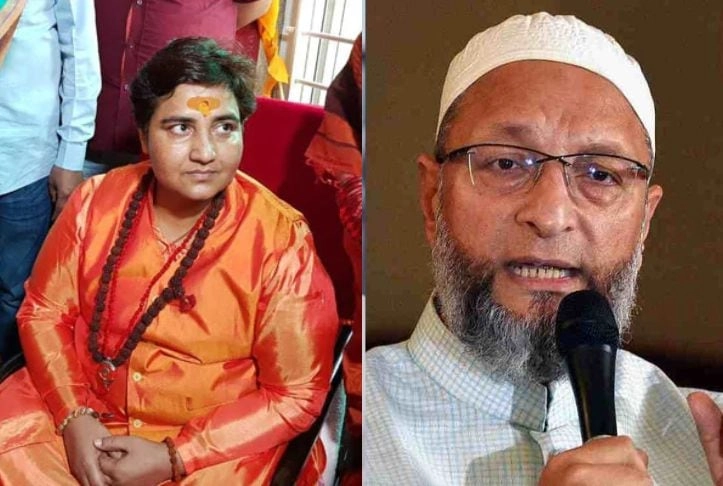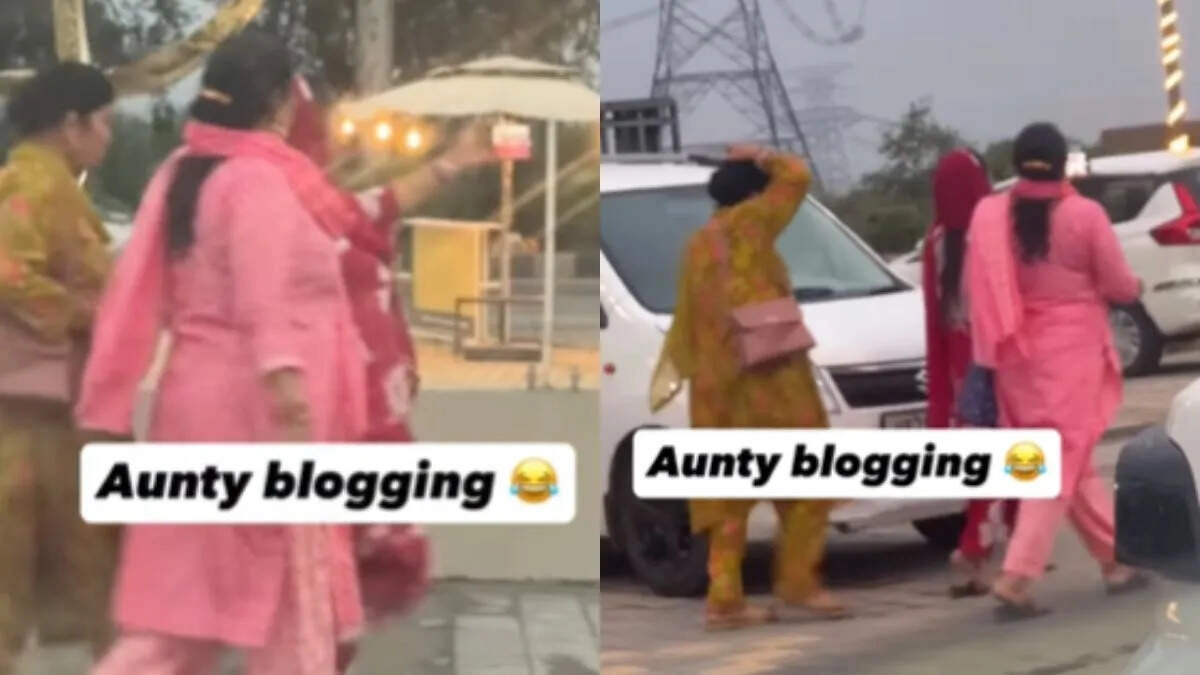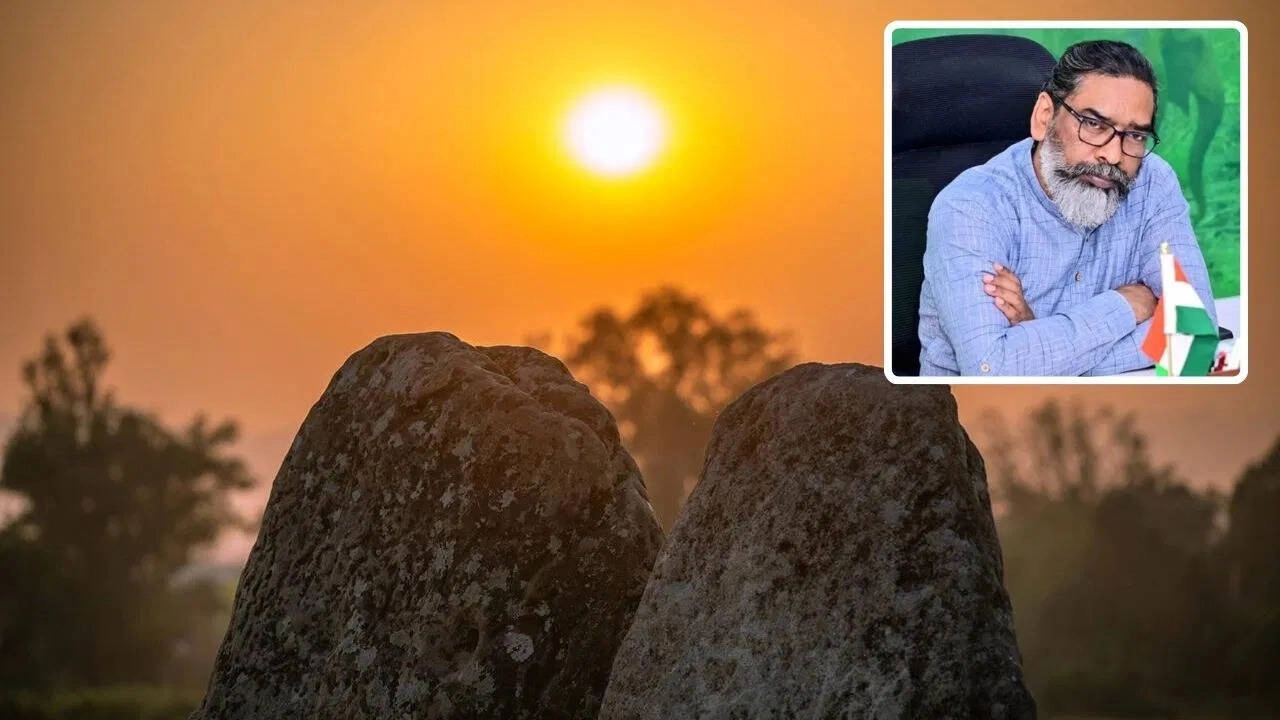In a recent statement regarding the Malegaon blast case verdict, prominent Indian politician Asaduddin Owaisi expressed his deep concern over the judicial outcome that led to the acquittal of several accused individuals. The Malegaon blasts, which occurred in 2006, resulted in the tragic loss of six lives and left many others injured. This incident not only highlighted issues of terrorism but also raised significant questions about the handling of such cases within the Indian judicial system. Owaisi’s comments reflect a broader sentiment among those who believe that justice has not been adequately served for the victims and their families.
Owaisi emphasized the need for accountability and transparency, questioning who truly benefitted from the verdict. His remarks resonate with the ongoing debates surrounding the treatment of minority communities in cases of communal violence and terrorism. The acquittals have led to allegations of a biased investigation, where the focus may have shifted away from potential perpetrators to scapegoating particular groups. This situation underscores the complexities involved in navigating justice in a diverse and often divided society like India.
Additionally, Owaisi called for a thorough re-examination of the evidence and the procedures followed during the investigation and trial. He urged the authorities to ensure that all leads are pursued rigorously and that the victims’ families receive the justice they deserve. The Malegaon case represents a crucial point of discussion regarding the efficacy of law enforcement and the judiciary in addressing terrorism while maintaining fairness and impartiality. Owaisi’s comments are a reminder that the quest for justice is ongoing, and there are still many unanswered questions surrounding the events of that tragic day.
In conclusion, the Malegaon blast case verdict serves as a stark reminder of the challenges faced in achieving justice in cases of terrorism. Owaisi’s call for accountability underscores the need for continued dialogue around issues of justice, community relations, and the protection of minority rights in India. As the nation reflects on this case, it becomes evident that the pursuit of justice is not just about legal outcomes but also about healing and addressing the broader societal implications of such violent acts.




